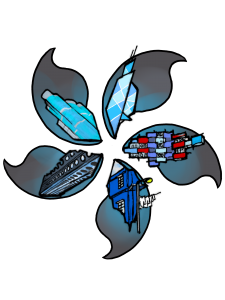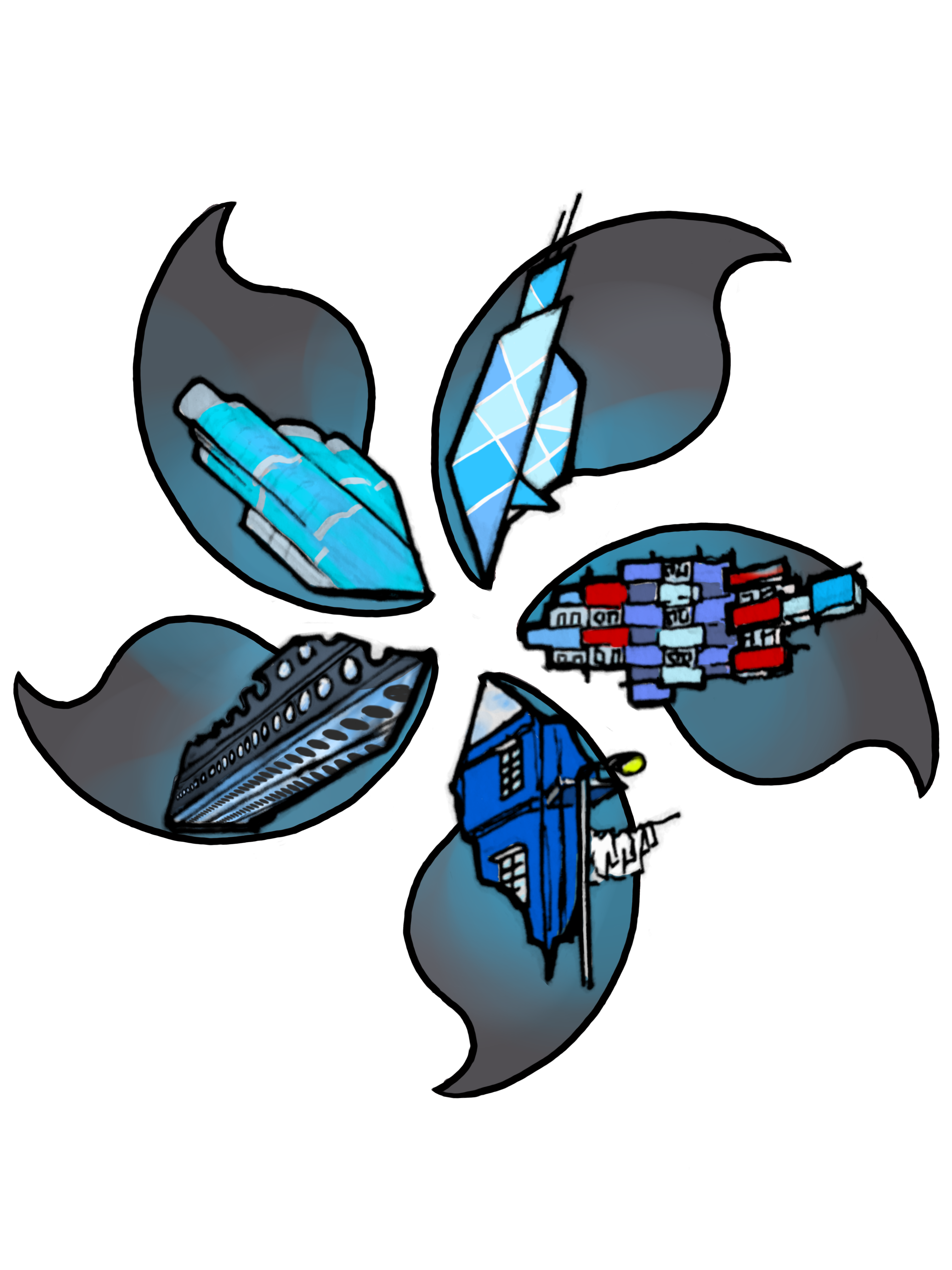Carmen Or
Carmen Or
Wetlands Officer, WWF-HK
 Carmen Or is a Wetlands Officer with the Conservation Team at the Mai Po Nature Reserve. As a new member of the Mai Po Conservation team, she is deeply dedicated to researching and understanding the ecology of Mai Po. Carmen is no stranger to the unique wildlife of Hong Kong; her doctoral studies centered upon the social behavior and habitat of Chinese white dolphins of Eastern Hong Kong, a species championed by WWF-HK. Currently, Carmen is applying her knowledge and skills to the observation of nesting patterns of Mai Po’s black-winged stilt population.
Carmen Or is a Wetlands Officer with the Conservation Team at the Mai Po Nature Reserve. As a new member of the Mai Po Conservation team, she is deeply dedicated to researching and understanding the ecology of Mai Po. Carmen is no stranger to the unique wildlife of Hong Kong; her doctoral studies centered upon the social behavior and habitat of Chinese white dolphins of Eastern Hong Kong, a species championed by WWF-HK. Currently, Carmen is applying her knowledge and skills to the observation of nesting patterns of Mai Po’s black-winged stilt population.
“In Hong Kong, because the population is growing, and so in the future the urbanizing will get more and more serious and so some of the nature will, will need to be developed. And so more debate on the land-use will come in the future. I think the main goal of setting up a protected area or reserve is to protect the core area for wildlife and also for the environment…”
Carmen Or Transcription
“Because in Hong Kong it is so urbanized and you can easily get disassociated with nature because it is so urbanized that you have everything in a very small place already. But at the same time, because Hong Kong is so small — and also we have like, 40% of the land is country parks — so nature is actually a very huge part in Hong Kong, as well. It just depends on whether you look at it or not…”
Carmen Or Transcription
“And I think for conservation, it is important to let the people learn about the beauty, so that they could appreciate the area, deep down from their heart. And I think that is the core of education. I think a very simple thing will be using less single-use plastic, which I think the whole world is trying to advocate…”
Carmen Or Transcription
“I think environmental protection and sustainability is very crucial for the development of a city… for Hong Kong itself is a highly developed and urbanized area, so as a citizen you could easily get disassociated from nature without really noticing. I think it depends on how you look at it, particularly how long the time frame your looking at…”
